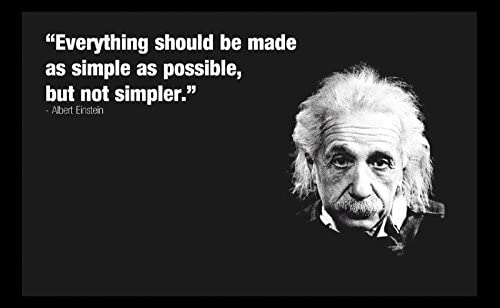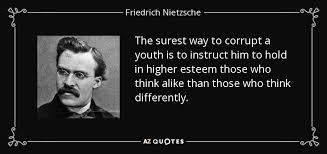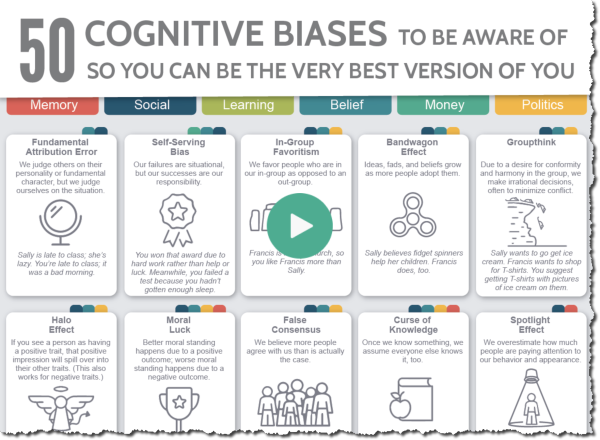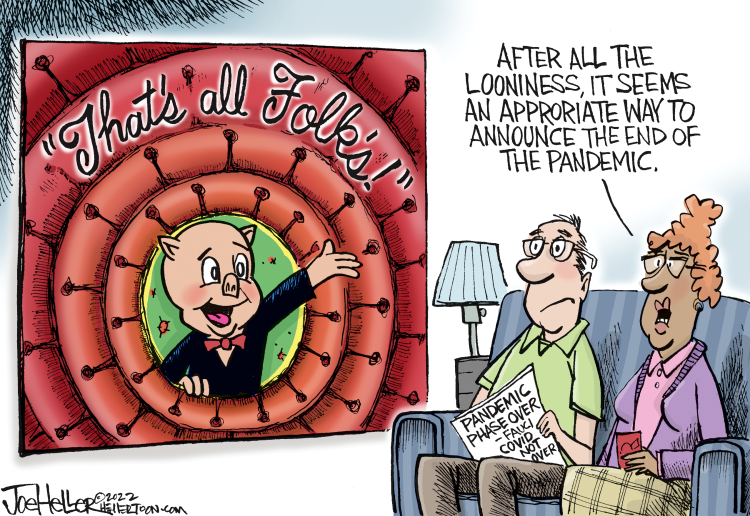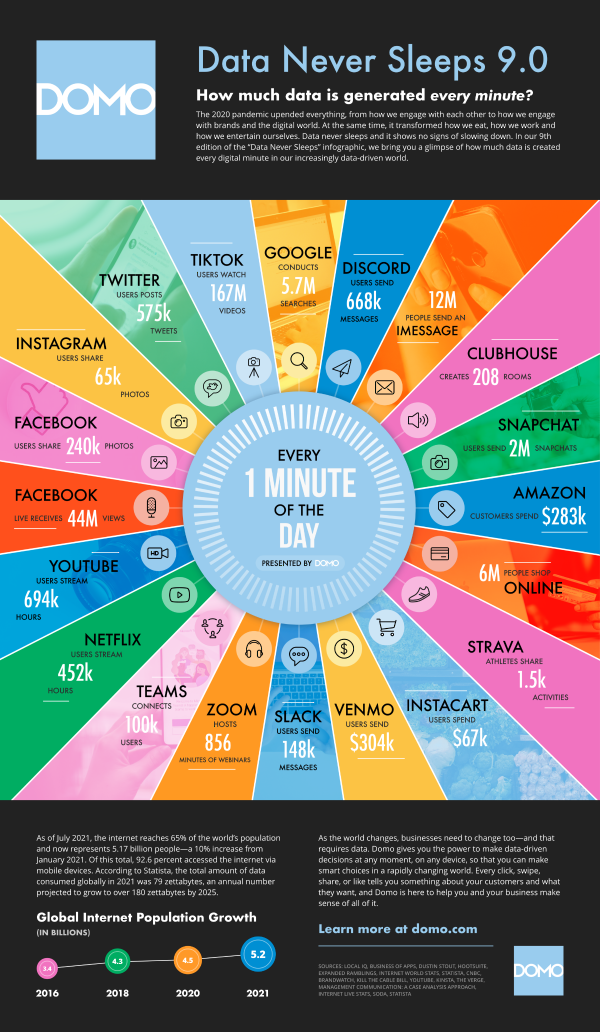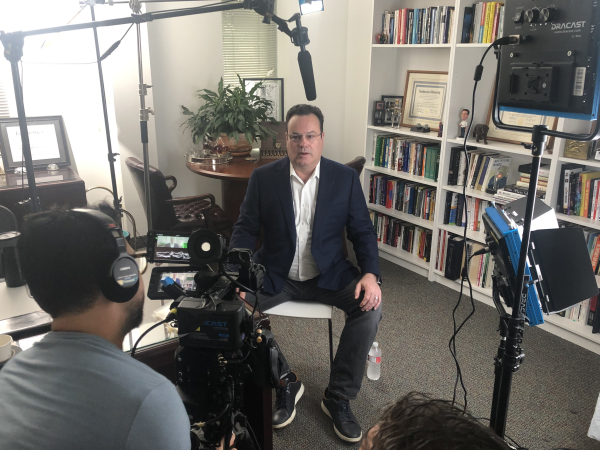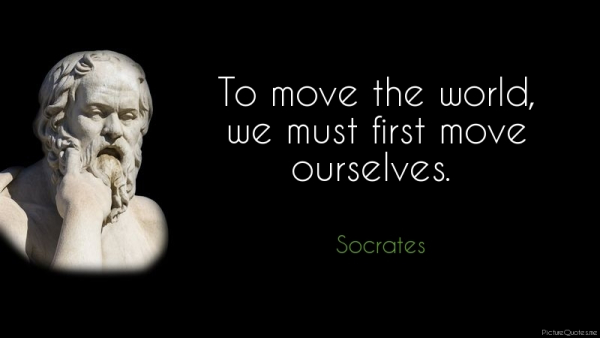In 2009, Simon Sinek talked to my EO Chapter, and then came to my office to speak with our team. This was right at the beginning of his meteoric rise, two short months after the release of his famous book "Start With Why."
Here's the article I wrote in 2009:
___________________
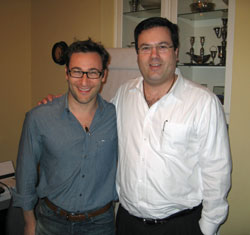 Inspiration is stronger than persuasion. It gives people a sense of purpose and belonging that has little to do with external incentives or benefits.
Inspiration is stronger than persuasion. It gives people a sense of purpose and belonging that has little to do with external incentives or benefits.
Simon Sinek, who is quite charismatic and well-spoken, is delivering this message to a rapidly growing fan base.
My team thought Simon was inspiring, engaging, and insightful.
You can watch a short video that introduces his material below.
In addition, you can explore more of his ideas in his book,
Start with Why: How Great Leaders Inspire Everyone to Take Action.
An Example of Finding the Right Person for a Job.
Who do you believe will do a better job, someone who takes a job because of the salary and benefits … or someone truly inspired to accomplish the job's purpose?
Phrased that way, of course, you know the answer. Still, how can you leverage this to better select customers and employees?
For example, Simon uses the story of Sir Ernest Shackleton to illustrate this concept. Shackleton was preparing to lead the first expedition across Antarctica in 1914. Legend has it that when seeking crew members for his journey, Shackleton placed the following ad in a newspaper:
"MEN WANTED FOR HAZARDOUS JOURNEY. SMALL WAGES, BITTER COLD, LONG MONTHS OF COMPLETE DARKNESS, CONSTANT DANGER, SAFE RETURN DOUBTFUL. HONOUR AND RECOGNITION IN CASE OF SUCCESS.
– SIR ERNEST SHACKLETON"
When the expedition became stuck in the ice and could not be rescued for 22 months, not a single man was lost. The reason Simon gave for their unlikely survival was that Shackleton hired survivors that could deal with the situation and were aligned with the mission and purpose.
Can you imagine writing an ad like that to attract the right people to your cause?
Watch This Video.
Here is a video of Simon speaking at a TED Conference. It is an excellent intro to his stuff.
Other Resources:
- Here is a link to Simon's Blog. (2023 Note: this now links to his old blog, which is poorly formatted but interesting to see. His new website/blog can be found here.)
- Here is a link to Videos of Simon.
- Here is a link to an article on why to know someone else's Why. (PDF Version)
- Here is a link to Simon's Book: Start with Why.
_____________________
It's now more than ten years later, and Simon is one of the most prominent leaders in leadership development and has published five books, to much acclaim.
Part of his success is the charisma and pith with which Simon speaks and writes – but a large part is his focus on what makes humans human. He's not preaching a leadership mantra focused on the bottom line and revenue; he's focused on the aspects of human nature that don't change. He's focused on purpose and the elements of leadership that apply to everyone – not just CEOs.
As we move into an era of increased volatility – both in markets and business – these leadership principles will become more important.
Understanding your "WHY" is vital if you want to make a difference (and not be replaced by an AI).
If you haven't read any of his books, they're all good, but I suggest "Start With Why" and "The Infinite Game."


